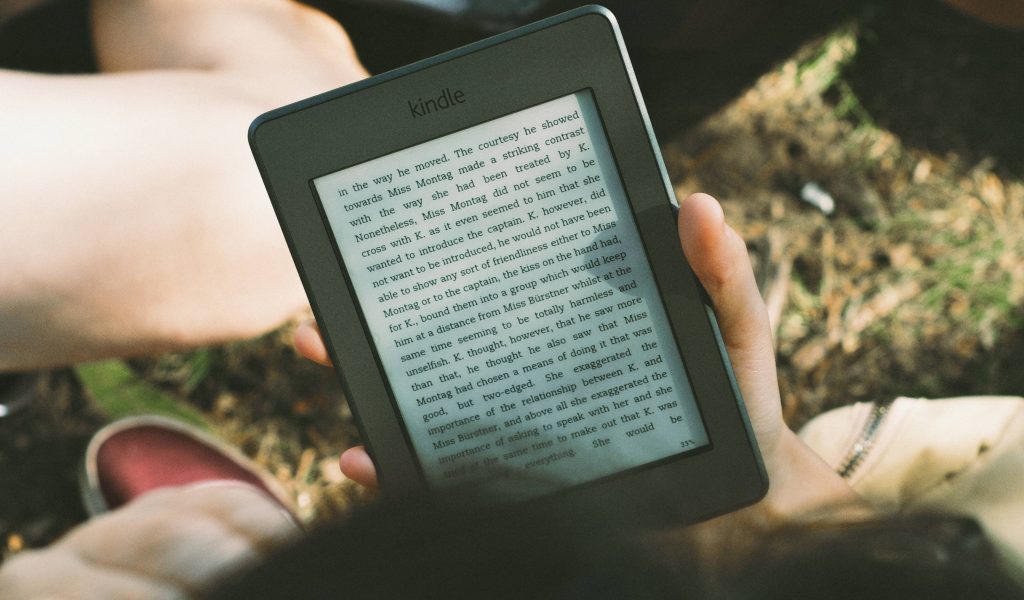Exploring Kindle Publishing Direct and the era of self-publishing

Joseph Vinton, Satire Editor, talks diversity and accessibility in an analysis of Amazon’s Kindle Publishing Direct.
Anyone who has studied English Literature will be aware of some of the immortalised writers in the literary canon. Shakespeare, Milton, Homer, Austen, and the Brontes are just some of the totemic names you could have heard of in this canonical pantheon. Maybe you deserve to stand alongside them. Maybe you have delved into one of their canonical works and have said to yourself “Ha! I can do better than this drivel!” Enter your publishing heroes – the folks at Amazon KPD who are going to distribute your magnum opus to the hordes of voracious readers subscribed to Kindle Unlimited.
Kidding aside, the era of self-publishing has many pros which should be celebrated. The central benefit is accessibility. For anyone who has ever dreamt of writing, internet platforms like Amazon KDP, Wattpad, and Kobo (to name a few) provide the springboard to get work read and gain an active audience. Successful literary careers have even been built on the back of these self-publishing platforms. Andy Weir and “The Martian” is an obvious example of a beneficiary of Amazon’s service. On the other hand, we have detractors of services like KDP who will use a common line of attack to scrutinise this new digital form of literature: oversaturation. Does the fact that anyone can publish anything compromise quality control and circulate a body of work that holds no real value?
Internet platforms like Amazon KDP, Wattpad, and Kobo (to name a few) provide the springboard to get work read and gain an active audience.
In my view, this is for the critics to squabble about. Let them. You have got a novel to write. Ultimately, writers from far and wide should embrace this new era of self-publication and enjoy the advantages of this new technology. Consider the great lost manuscripts of prior generations that were never read because of editorial gatekeepers in the publishing industry. Now imagine the number of great works that would have been ignored in the pre-internet age that can now be enjoyed because of the accessibility of digital self-publishing. Maybe yours will be one of them.


